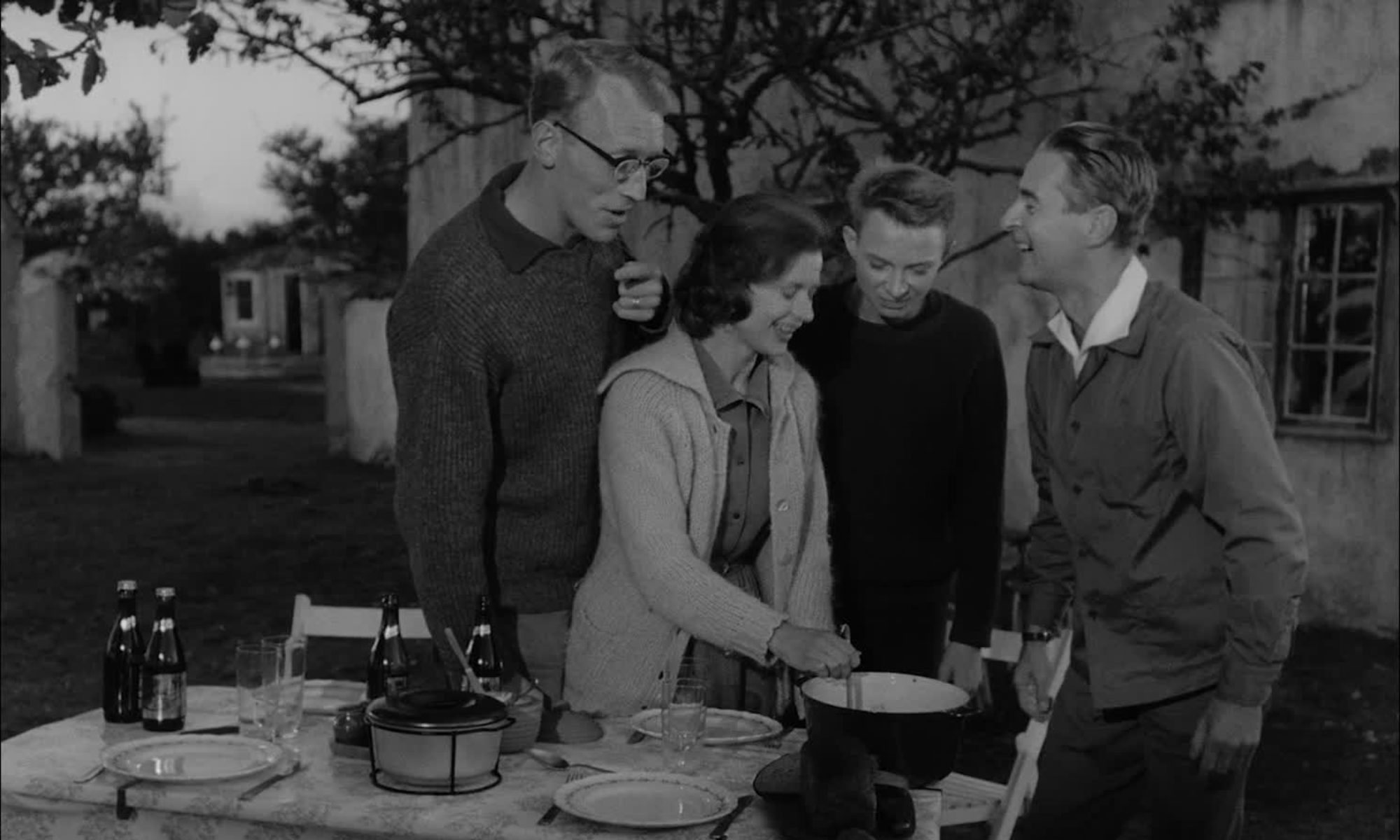Last week we continued our discussion on economic freedom, with papers on Nudging and Libertarian Paternalism, and the final part of the Trap.
Topics
- The difference between paternalism and welfare state: a paternalistic state influences people to do what they wouldn’t naturally do, treating them as children in effect, for the greater good
- Surprisingly, even the most libertarian of us supported libertarian paternalism and didn’t consider it a contradiction, arguing that it’s better to nudge someone, still leaving them choice, than force them to do something mandatory like paying taxes
- However this behavior goes against Kant’s ethics, which stipulate that people’s decisions need to be motivated by morality, and morality only, to be good. If the state, or anything else, influences people’s decisions, then it’s morally wrong
- Enlightenment thinkers tend to assume that people are 100% rational, which is optimistic
- Some of us, working in social policy, pointed out that it’s really difficult to find out what people want without influencing them, or facing contradictions. For example, people always want a new airport, as long as it’s not in their backyard. The goal of social policy is to understand what people want, then help them achieve that.
- The state has banned or discouraged the use of an increasing number of substances: drugs, alcohol, fat,…But sometimes public health recommendations turn out to be wrong, like about the impact of fats versus carbohydrates on health. We can’t always assume that the state or corporations are rational, unbiased or benevolent, when they’re nudging. For example, Google was recently accused of politically manipulating its search results. Government decisions can be influenced by lobbyists, or be motivated by political reasons, as described by public choice theory.
- The difference between the tyranny derived from positive freedom (« people should be forced to serve our idea of the greater good »), and nudging is that the benefit of nudging is usually evidence-based (with randomized controlled trials), and non coercive (you can choose to opt-out of the recommended default option).
- Some of us felt that there are more and more rules in today’s society. In the past there were fewer rules imposed by the state or by social manners. However there were a lot more rules imposed by religion or social norms, related to marriage, class, honour, etc.
- We have to sacrifice some individual freedom to be part of a society unless, like Thoreau, we live as an hermit.
Recommendations
- Vicky: Behave, by Robert Sapolsky. Here is the Guardian review.
- Peter: “No Gods No Masters, A History of Anarchism”, Arte, 2016. YouTube link here
